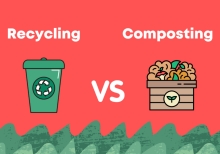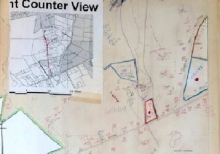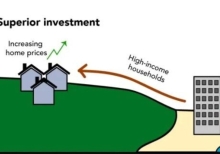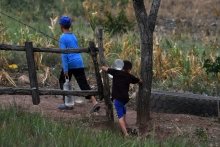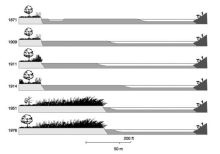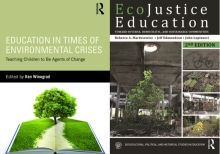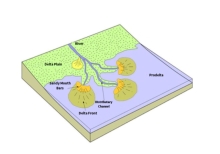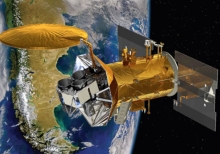Frequently Asked Questions About Plastic Recycling And Composting
The term "biodegradable" when used for marketing purposes includes a time component regarding the length of time it takes for the plastic to fully degrade. According to the Federal Trade Commission's "Green Guides": "It is deceptive to make an unqualified degradable claim for items entering the solid waste stream if the items do not completely decompose within one year after customary disposal.
